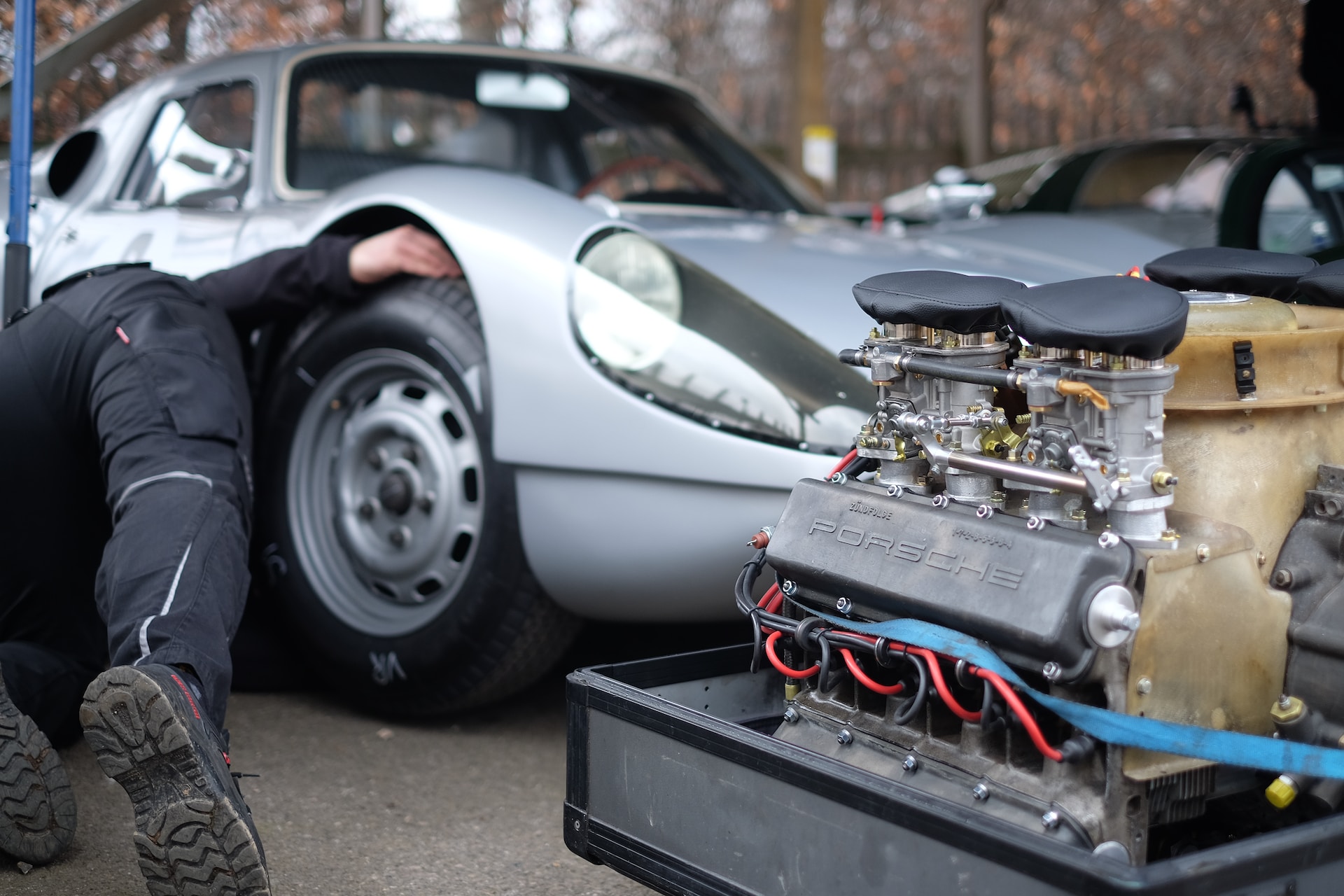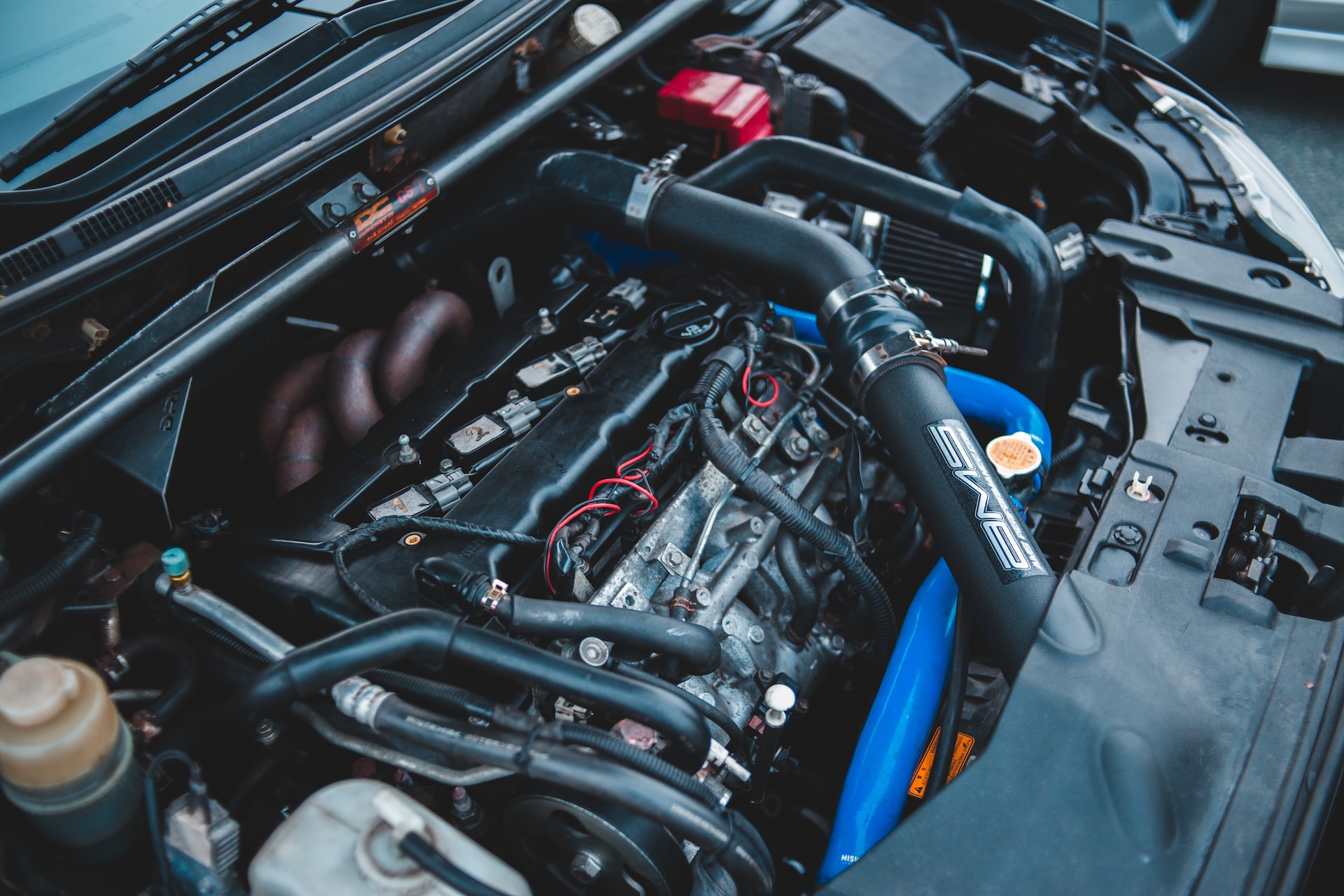Introduction
The heart of any vehicle, the engine, is a complex machine that powers the movement of your car. Understanding the types of car engines and how they work can significantly enhance your knowledge of automobiles. This guide will shed light on the different types of engines in cars and provide a basic understanding of how car engines work.
Internal Combustion Engines
The most common type of engine found in automobiles today is the internal combustion engine. These engines convert fuel, typically gasoline or diesel, into movement by creating small explosions or “combustions” inside a closed space, the combustion chamber.
Petrol Engines
Petrol engines, or gasoline engines, are a type of internal combustion engine that use gasoline as fuel. These engines rely on spark ignition, where a spark plug ignites the air-fuel mixture, causing combustion and driving the pistons.
Check Our Blog on: Common Problems After Engine Replacement
Diesel Engines
Unlike petrol engines, diesel engines use compression ignition. They compress the air in the combustion chamber to such a high degree that it heats up, igniting the diesel fuel when it’s injected. Diesel engines are generally more efficient and durable than their petrol counterparts but are known for producing more pollutants.
Electric Engines
In the quest for more sustainable transport, electric engines have gained substantial traction. These engines convert electrical energy stored in the vehicle’s batteries into mechanical energy to drive the wheels. With zero tailpipe emissions and high energy efficiency, they are a promising alternative to internal combustion engines.
Hybrid Engines
Hybrid engines combine an internal combustion engine with an electric motor. These vehicles switch between the two power sources or use both simultaneously to optimize efficiency. Hybrids are an excellent option for those who want the benefits of electric vehicles without range anxiety.
Hydrogen Fuel Cell Engines
Hydrogen fuel cell engines are another type of engine that aims to be a more sustainable alternative. These engines generate electricity from hydrogen stored in high-pressure tanks and oxygen from the air, with the only byproduct being water vapor.
Check Our Blog on: Best Used Cars in Kenya
How Do Car Engines Work?
Now that we’ve discussed the different types of engines in cars, let’s take a brief look at how car engines work. All car engines operate on the basic principle of converting fuel into motion, but the process varies based on the engine type.
In an internal combustion engine, the process begins with the intake stroke, where the piston moves down, drawing in a mixture of air and fuel. Next is the compression stroke, where the piston moves up, compressing this mixture. The third step is the combustion stroke, where the compressed mixture is ignited, pushing the piston down and providing power. Finally, the exhaust stroke occurs, where the piston moves up again to expel the combustion gases. This cycle repeats, driving the vehicle forward.
Electric and hydrogen fuel cell engines work differently, converting electrical energy or chemical reactions into mechanical energy. However, the goal remains the same – to move the vehicle.
Conclusion
Understanding the type of car engines and how they work can help you make informed decisions about your next vehicle purchase or even enhance your troubleshooting abilities. From traditional internal combustion engines to innovative electric and hybrid engines, each offers unique benefits and drawbacks. As technology progresses, we may see the emergence of new types of engines in cars, shaping the future of transportation.
Check Our Blog on: SBT Japan Car Exporters
FAQ’s
What are the main types of car engines?
There are several types of car engines, but the most common ones include internal combustion engines (petrol and diesel), electric engines, hybrid engines (a combination of combustion engine and electric motor), and hydrogen fuel cell engines. Each type has its own unique characteristics and applications.
How does an internal combustion engine work in a car?
An internal combustion engine works by using small, controlled explosions to create motion. The process begins with the intake stroke, where the piston moves down, drawing in a mixture of air and fuel. The mixture is then compressed, and a spark ignites it, causing an explosion. This explosion drives the piston down, creating motion. Finally, the piston moves up again to expel the combustion gases, and the cycle repeats.
How do electric car engines work?
Electric car engines, or electric motors, convert electrical energy into mechanical energy. They use the electricity stored in the car’s batteries to create this mechanical energy, which then drives the wheels of the car. Electric motors are efficient and produce zero tailpipe emissions.
What are hybrid engines, and how do they work?
Hybrid engines combine an internal combustion engine with an electric motor. These vehicles can switch between the two power sources or use both simultaneously to optimize efficiency. The electric motor is used at lower speeds, and the internal combustion engine is used at higher speeds or when more power is required. This system allows for increased fuel efficiency and reduced emissions compared to traditional internal combustion engines.
Why Tune in to Used Auto Arena?
Tuning into Used Auto Arena for car updates is a smart decision for several reasons. Firstly, Used Auto Arena provides up-to-date information on the latest trends and developments in the automotive industry, including new models, features, and technologies. This information can help car buyers make informed decisions about their next vehicle purchase and ensure that they are getting the best value for their money.




